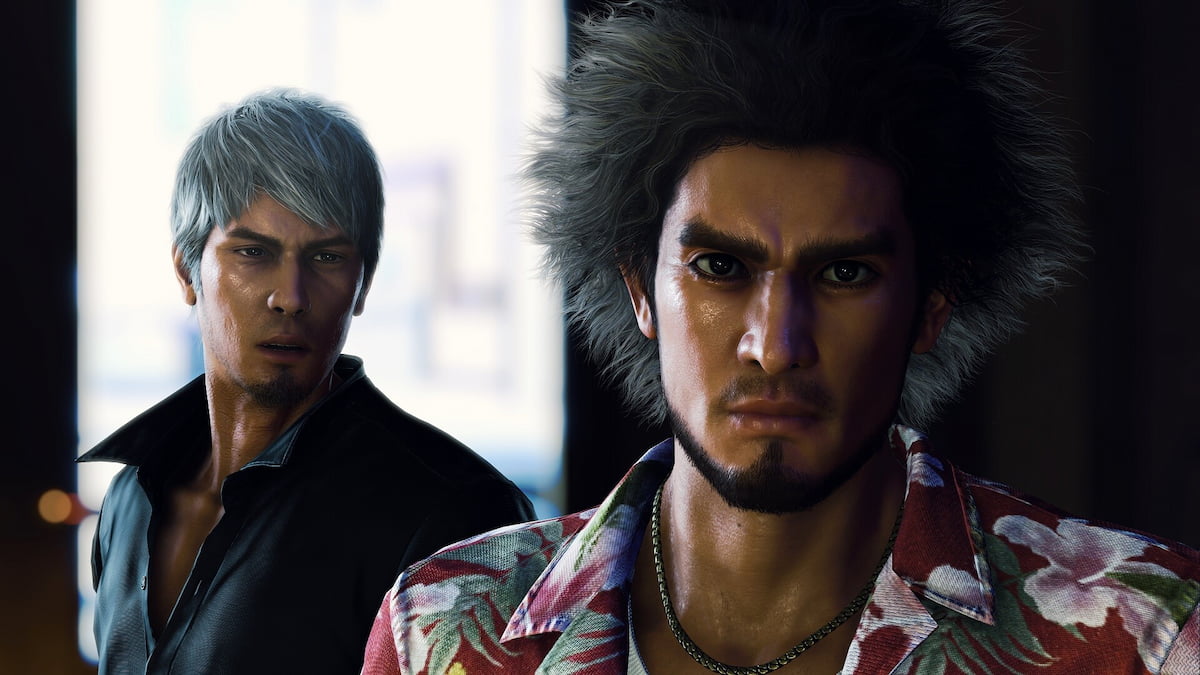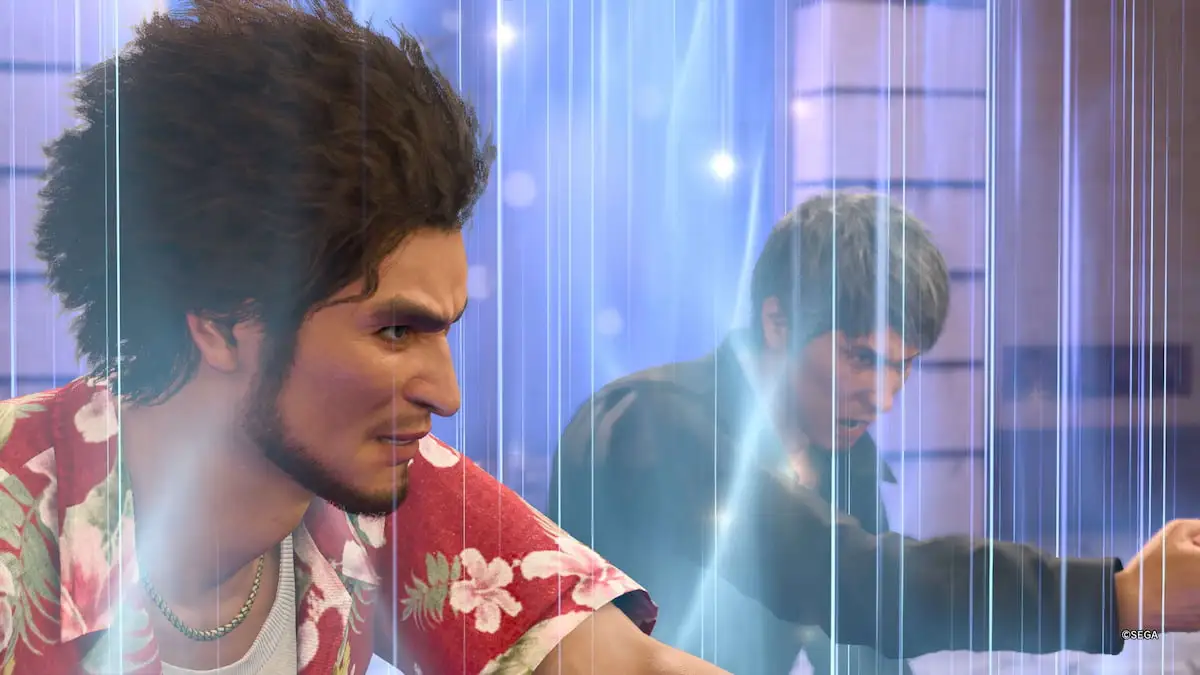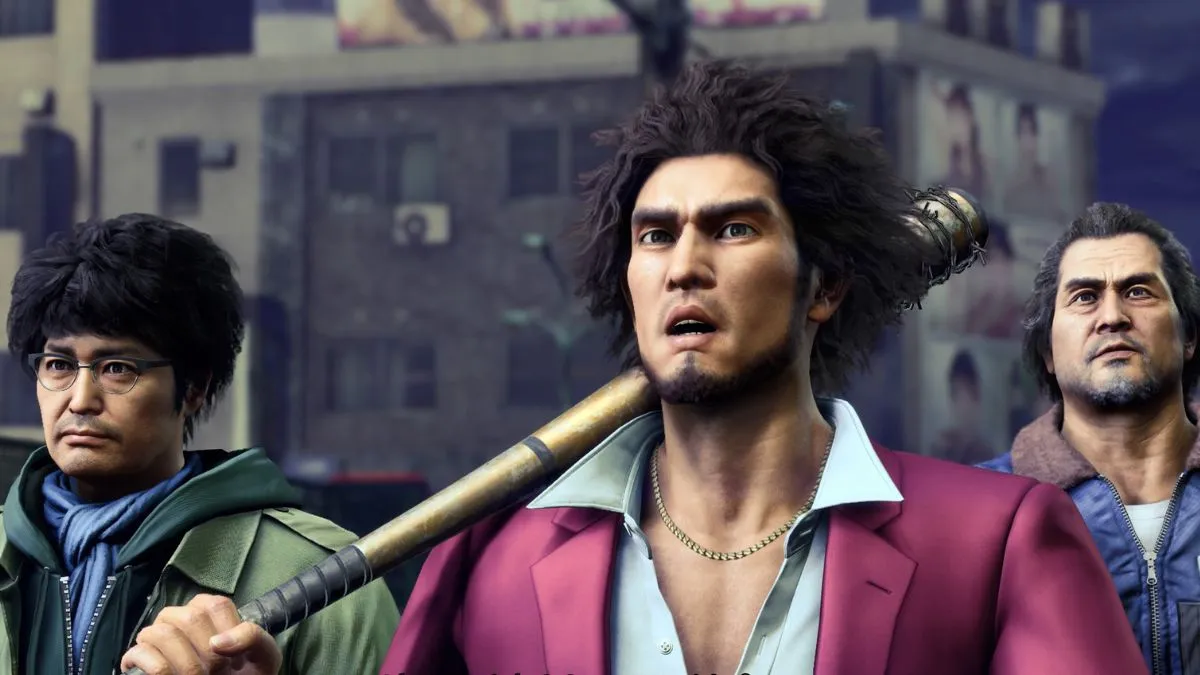I’m a latecomer in the Yakuza and Like a Dragon series. I never understood them too well, but there was a moment several years ago when everything clicked for me, and I couldn’t get enough of these games.
The Like a Dragon series was a huge shift in the series for Ryu Ga Gotoku (RGG) Studio. Like a Dragon moved away from being a fighting, brawler game to a turn-based RPG with unique Jobs, tactics, and grinding to tackle some of the most challenging boss battles.
For RGG to recognize the success of the first Like a Dragon, jumping into Like a Dragon: Infinite Wealth felt like a natural step forward, and the series feels even stronger. There were no moments where I felt the team had shied away from anything they wanted to implement. Around every corner, I discovered more enjoyable gameplay systems and activities. Along with the side content, I couldn’t pull away from the main story, discovering life in Hawaii for Ichiban Kasuga and Kazuma Kiryu, wanting to progress further into this dramatic adventure.
Kasuga Says Aloha to Hawaii!
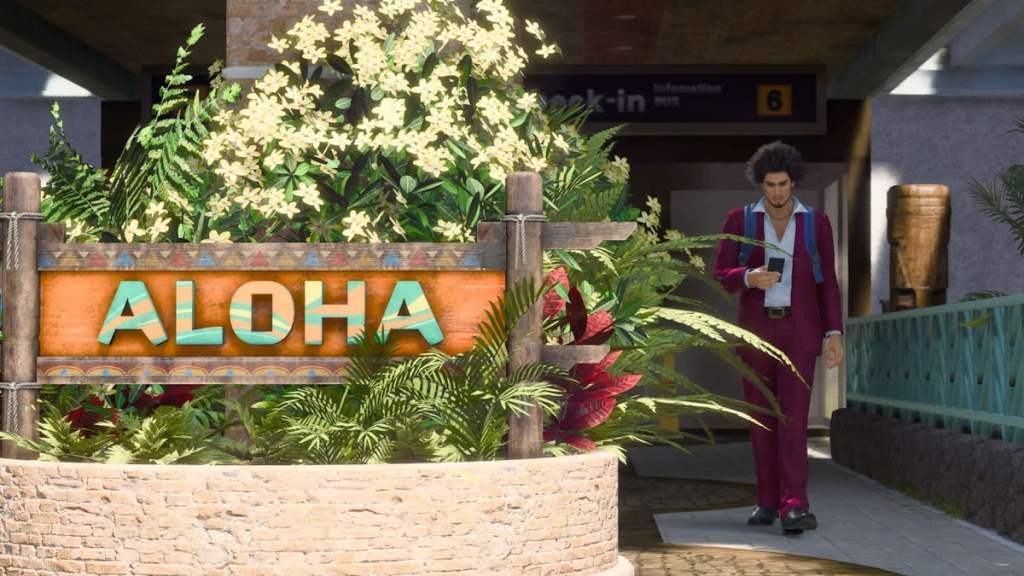
The beginning of Like a Dragon: Infinite Wealth begins in Japan, immediately after the events of Yakuza: Like a Dragon. The game reviews everything that’s happened to Kasuga and briefly covers his hectic adventure dealing with the powerful Yakuza families in Yokohama. Everything goes sideways for Kasuga almost immediately, even if he’s reached a point where he’s earned a well-deserved rest. Shortly after this unfortunate series of events, he finds himself seeking out his mother, hiding in Honolulu, Hawaii, and wanting to keep her presence there a secret.
No sooner does Kasuga arrive in Hawaii, he finds himself facing multiple underground elements who are also seeking his mother for unknown reasons. Early on, Kasuga encounters the previous main character, Kiryu, who pledges to assist on this adventure. His intentions of doing so are heavily influenced by significant plot points for Infinite Wealth, and I don’t want to delve too much into these details, but Kiryu’s presence is a welcome addition to the team as a significant character to Kasuga.
Like every RGG Studios game, the writers went all out with the main story, creating an emotional rollercoaster with dramatic revelations throughout each chapter. They did a great job of bringing several side activities between these big moments to help alleviate heavier moments, and I ultimately felt split on what to focus on next. The devs never skimp on any side details, which have always been the most fun element of every Yakuza entry.
Not everything hits exactly the way you want, though. The story takes some time to get through the larger plot, and the overall tale swerves occasionally. There were enough things to do on the side to help this process along, but I felt that there were small details in the overall narrative that undersold the story RGG was trying to share, and it could have benefitted from removing smaller pieces.
For fans of the Yakuza series, the prior Like a Dragon provided a good amount of storytelling that connected the previous entries without requiring someone to know every little detail. With Kiryu returning to the spotlight in Infinite Wealth, especially as an older gentleman looking out on his final days, it’s a rewarding experience for those who have played the titles that featured this tremendous character.
Big & Bold in Honolulu
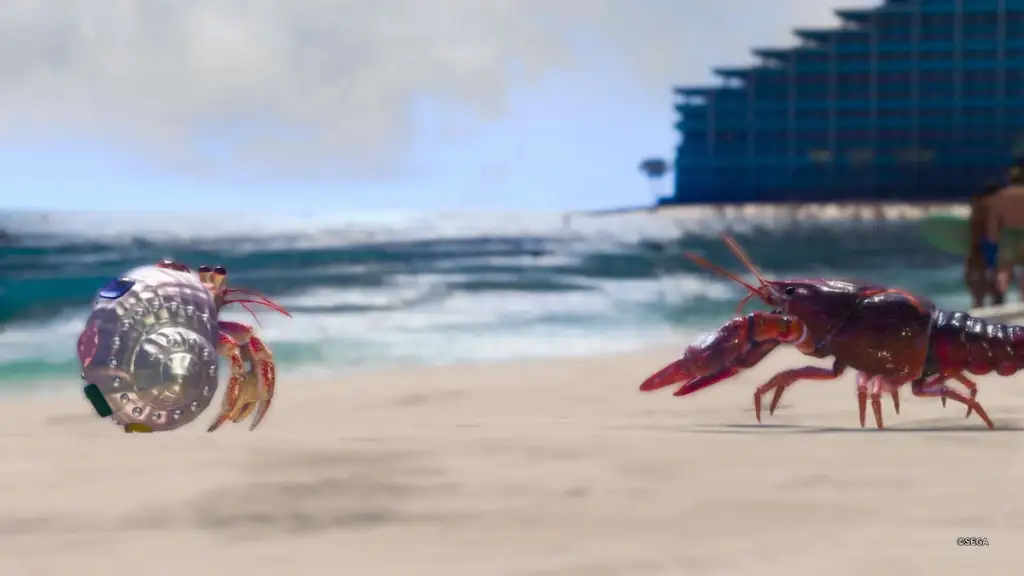
Infinite Wealth’s version of Honolulu feels alive and vibrant, much like my experience with Yokohama in the previous Yakuza games. The RGG team went above and beyond to fill this massive map with content. The sheer size of it can be overwhelming when you first look at the map. Thankfully, these areas are slowly made safe to explore, and the team does a great job of jumping the plot around to each area, making it easier to explore.
RGG’s take on Honolulu is gorgeous! The set pieces are wonderful, the locations are exactly what you’d imagine at a beach resort, and the graphics are top-notch at every turn, making it the best-looking Like a Dragon entry yet.
Although the map changed, the same quality side stories are littered throughout the entire island. These are the lifeblood of any Yakuza game, where the more comedic scenes and outlandish tales take place. They allow the characters of Infinite Wealth to shine, providing a relaxing backdrop to the high-stakes main storyline.
What makes them enjoyable is their ability to weave into the larger narrative. They never feel like a complete grind and are enjoyable breaks from the heavier storylines.
Take Sujimon, for example. RGG’s tongue-in-cheek take on Pokemon is briefly introduced at the beginning of the story, but the idea takes off shortly after you reach Honolulu. You can battle in Sujimon raids or against other Sujimon trainers and take on the Sujimon League. Even though it was a simplified experience of what the team had been parodying, it was thrown in with an already delightful formula that made it difficult to put down.
The Sujimon encounters, and battles were not the only pieces of side content I threw myself at in Infinite Wealth. There’s the Animal Crossing-like Dondoko Island, the dating application, taking pictures of men in tights causing chaos in Honolulu, the dozens of substories, and getting to know your party members through memorable talks or karaoke songs. If you’re not playing through the main story, there’s always something to do in Infinite Wealth, and what RGG did exceptionally well was build upon an already great turn-based combat formula by giving the player much more agency in their tactic choices and strategies.
Infinite Wealth Brings the Heat With Intense, Satisfying Combat
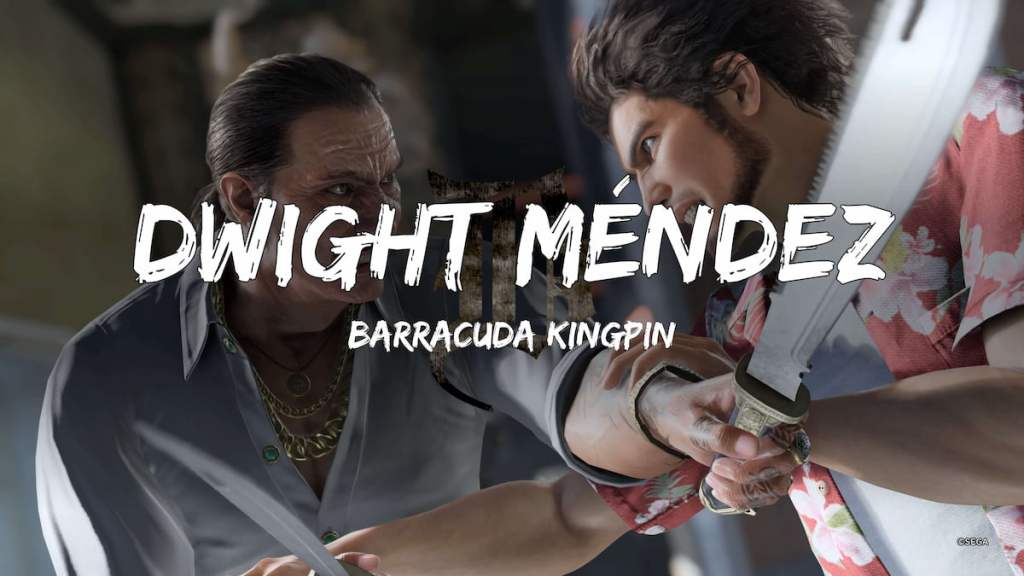
A standout difference between Infinite Wealth and the first Like a Dragon was RGG’s elevated approach to the turn-based combat system. They wove more of their previous brawler combat into it, while also giving the player additional movement and capability of timing their attacks to deal the most damage. Now, a player can move around in a small area, potentially closing the distance with a target to deal additional damage, or they might even be able to grab a nearby object to unleash even more attacks against multiple targets rather than just one.
These might seem like simple additions, but they stack up as you take on Infinite Wealth’s more complicated encounters. You begin to feel this as you take on the outrageous Jobs – a character’s classes in Infinite Wealth – and use those in sync with each other. There’s a deeper level of understanding that you have to go through for them all to fit together, and it never takes away from the experience of fighting a bunch of thugs on the street as they become wacky iterations of enemies you might encounter in a traditional open-world RPG. However, these small battles can become tedious due to how frequently they occur when you’re running between main and side stories.
Infinite Wealth does a much better job preparing you for tougher fights than Yakuza: Like a Dragon. There were portions of the game where a notification appeared on the screen, double-checking to ensure my team was ready for the next challenge. There were times that I had to go out and purchase more gear or gain a level or two, but nothing substantial to the point where I was spending hours grinding away on enemies or random activities to raise my party’s level.
The verdict
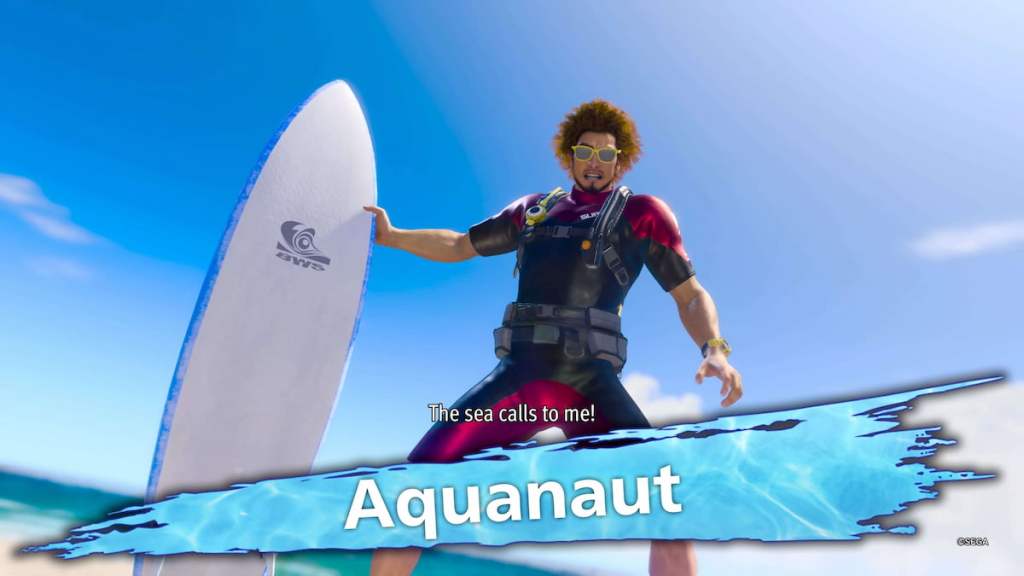
Like a Dragon: Infinite Wealth warmed my heart with its enriching adventure and wonderful side content that had me feeling a range of emotions, from delighted to somber to hearty laughter. Although the main plot had a few bumps in the road for Kasuga and Kiryu, RGG adds another successful adventure to their lovely series, and it was great to spend time with this rambunctious crew once again.
With the phenomenal improvements to Infinite Wealth’s combat, I look forward to seeing what RGG Studio does with the next title and what they take from this rewarding experience. The team experimented with ridiculous stories and content while in Honolulu, making me even more excited for where Kasuga will go next.
- A rewarding main plotline with a phenomenal cast
- Comedic side stories that offered a range of emotions alongside an impactful main plot
- Main story stumbles a few times that could have been cut or didn’t quite land the way it should have for the larger tale


